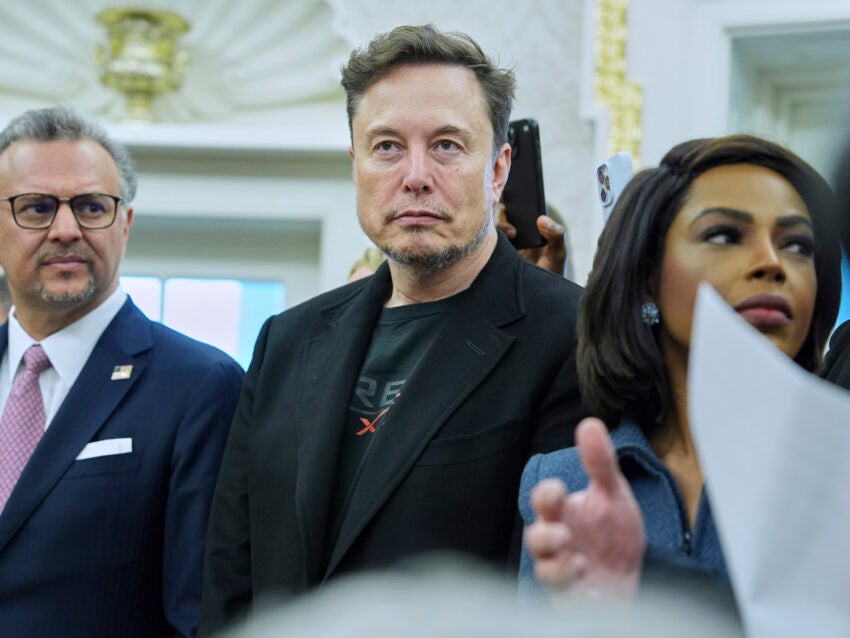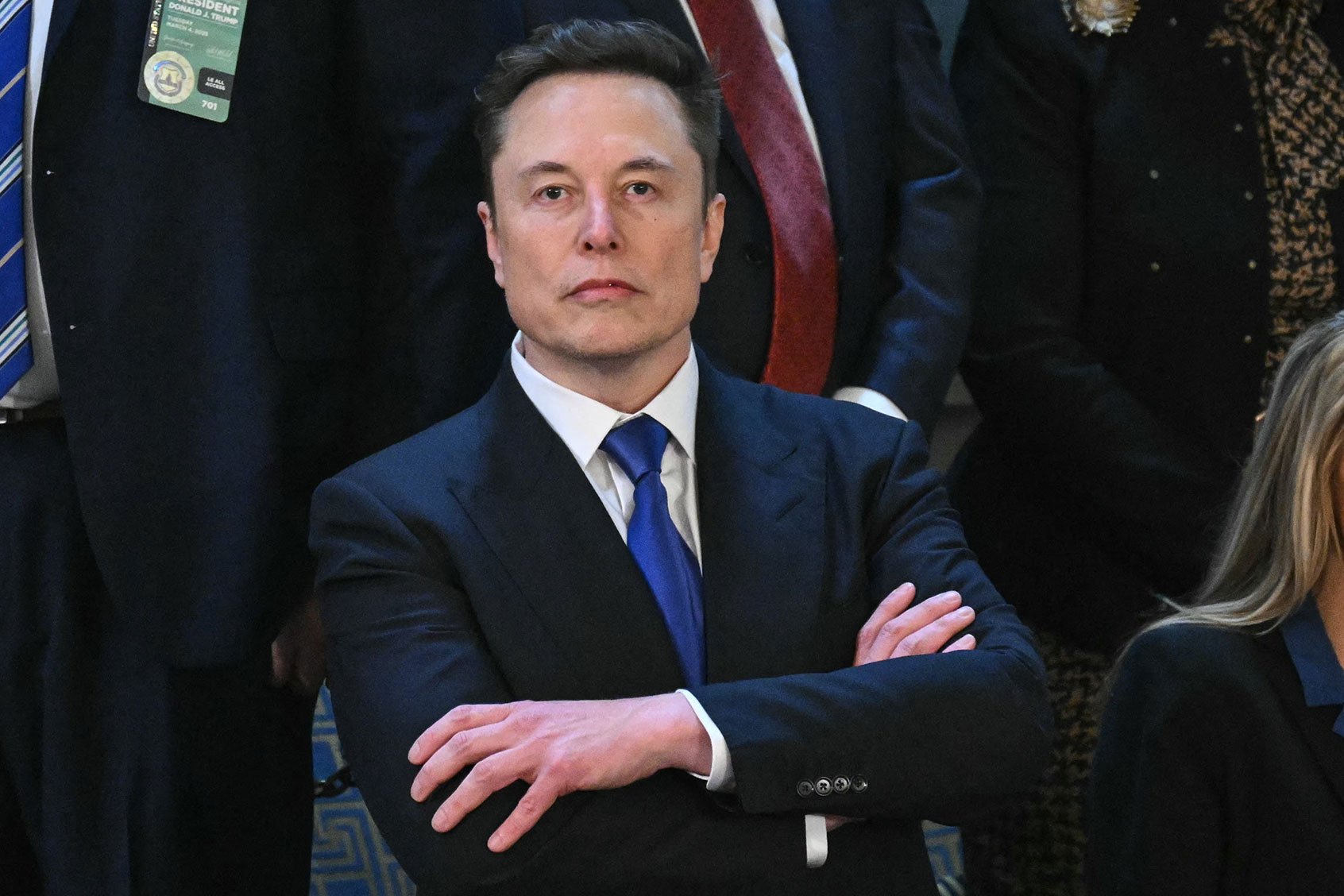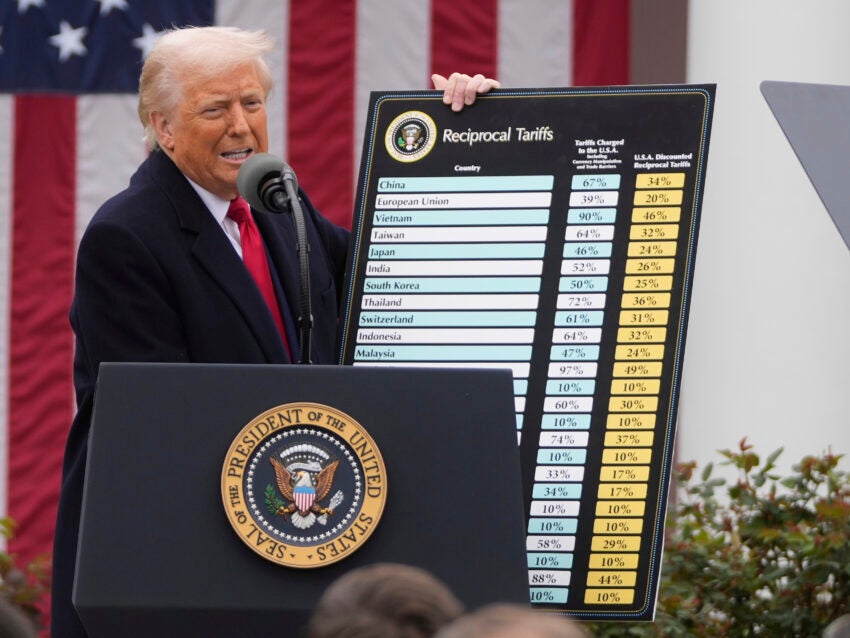Now Reading: Elon Musk is leaving the Trump administration after leading effort to slash federal government
-
01
Elon Musk is leaving the Trump administration after leading effort to slash federal government
Elon Musk is leaving the Trump administration after leading effort to slash federal government

Elon Musk is stepping down from his government position as a key advisor to President Donald Trump after leading efforts to streamline and revamp the federal bureaucracy. His departure, made public on Wednesday evening, signifies the conclusion of a tumultuous period that saw numerous job cuts, significant changes within government agencies, and a slew of legal battles. Despite the challenges, the billionaire businessman struggled to make the impact he had envisioned in the unfamiliar realm of Washington. Musk had scaled back his cost-cutting goals and faced resistance from within the administration, leading to political backlash. He is now refocusing on his businesses, including Tesla and SpaceX. Musk’s departure from the Department of Government Efficiency, known as DOGE, was announced on his social media platform, X, as his temporary role was coming to an end. The White House confirmed his exit and Musk’s decision came following his criticism of a major legislative bill championed by Trump. The bill, which Musk described as a “massive spending bill,” faced opposition from some Republican lawmakers, including Senator Ron Johnson. The legislation, aimed at tax cuts and stricter immigration policies, is currently being debated in the Senate. Musk’s concerns highlight the ongoing discussions about government spending and potential impacts on the national budget. Speaker Mike Johnson thanked Musk for his efforts and expressed readiness to act on DOGE’s recommendations for further spending cuts. The White House plans to propose rescissions to cancel previously authorized spending, including funds for the Corporation of Public Broadcasting and foreign assistance. Despite finding the government bureaucracy challenging, Musk expressed a desire to reduce his political involvement. His departure raises questions about the future impact of his critiques on legislative debates as he moves away from his government role.






